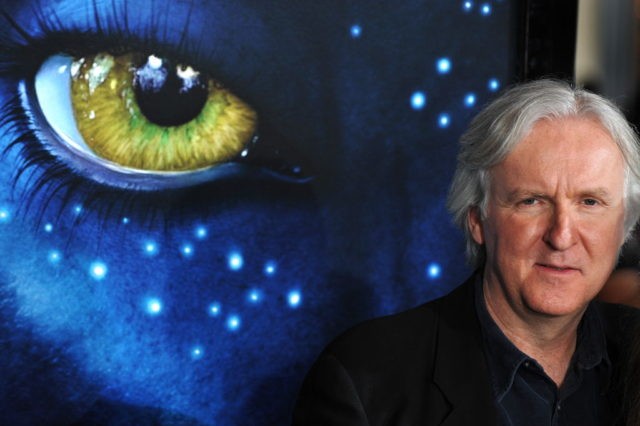James Cameron’s 2009 blockbuster Avatar is breaking records as it dwarfs Disney’s controversial ‘Mulan in China.
Avatar has retaken its position as the highest-grossing movie of all time, leaving even Avengers: Endgame behind on its wildly popular re-release run in the lead-up toward its impending December 2021 sequel. Now, Cameron’s record-breaking film is outperforming Disney’s widely criticized live-action remake of Mulan in China — where the latter movie is set. In its first ten days, Avatar grossed $44 million in China. Mulan grossed $41 million over the same period in September.
Mulan was already fighting an uphill battle, after disastrous PR foibles and a lukewarm reception from American audiences. Many Chinese moviegoers see the movie as a watered-down, inaccurate, and overly Americanized interpretation of a beloved story. Even so, it might have still been remembered as a moderate success if not for its publicized ties to China’s now-infamous Muslim concentration camps.
For years, the People’s Republic of China has imprisoned millions of Uyghurs, Kazakhs, and other Muslim ethnic minorities into camps primarily located in the Xinjiang province. Those inside endure an inhumane existence of “indoctrination, torture, rape, and murder,” as part of what an Associated Press investigation called “demographic genocide.” Victims are then “shipped to factories nationwide against their will to endure arduous labor manufacturing products for software companies, car parts, shoes, and other items.”
“Under conditions that strongly suggest forced labour, Uyghurs are working in factories that are in the supply chains of at least 83 well-known global brands,” the Australian Strategic Policy Institute (ASPI) reported in March 2020, “in the technology, clothing and automotive sectors, including Apple, BMW, Gap, Huawei, Nike, Samsung, Sony, and Volkswagen.”
During the Hong Kong pro-democracy protests against the Chinese Communist Party (CCP), Mulan star Liu Yifei spoke out in public support of the government’s law enforcement authorities. “I support the Hong Kong police. You can all attack me now. What a shame for Hong Kong,” she posted on Weibo, a Chinese social media platform similar to Twitter. Reaction to her comments sparked the #BoycottMulan hashtag.
Last September, Walt Disney Company Chief Financial Officer Christine McCarthy admitted the movie’s ties to their decision to film near those camps “generated a lot of publicity.” Disney thanked the Turpan Municipal Bureau of Public Security in its credits. Turpan, a city in northwestern Xinjiang, runs one of the aforementioned camps.
China has denied the validity of the global concern, blaming Americans’ “arrogance, hooliganism” and “ill-informed and outdated” opinions of the country’s leadership for the controversy.
As of the time of this writing, Avatar has grossed $2.83 billion internationally. Its sequel is expected to release on December 16, 2021, with three more projected to hit theaters in 2024, 2026, and 2028.

COMMENTS
Please let us know if you're having issues with commenting.